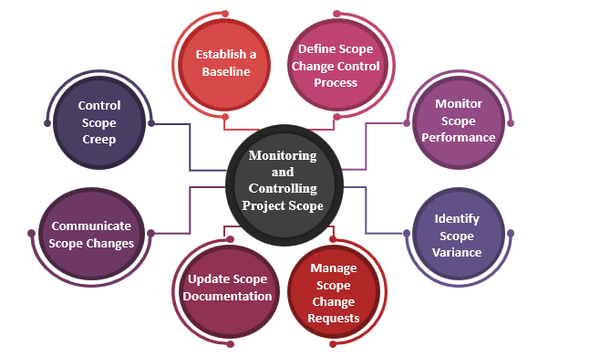What Are The Scope Management Standards & Procedures In Project Management?
Scope management standards and procedures are essential aspects of project management that help ensure projects are completed successfully within defined boundaries. Scope refers to the specific deliverables, objectives, and boundaries of a project. Managing scope effectively is crucial to prevent project creep, control costs, and meet stakeholder expectations.

Scope management standards and procedures encompass a set of best practices, guidelines, and techniques that project managers and teams follow throughout the project lifecycle. They help define, document, and control what work is included or excluded from the project scope, ensuring that the project remains focused and aligned with its objectives.
Understanding Project Scope Management
Project Scope Management is the process of defining, controlling, and managing what is included and excluded in a project. It encompasses all the activities, processes, and techniques required to ensure that the project's scope is well-defined, manageable, and delivered successfully. Effective scope management is crucial for project success, as it helps prevent scope creep, ensures project alignment with objectives, controls costs, and manages stakeholder expectations.
- Scope Planning: This involves determining project goals, objectives, and requirements. It includes identifying stakeholders, conducting initial scope discussions, and defining the project's overall boundaries and deliverables.
- Scope Definition: In this phase, the project team works closely with stakeholders to develop a detailed scope statement. The scope statement outlines the project's objectives, deliverables, assumptions, constraints, and exclusions. It provides a clear understanding of what work is included and what is not.
- Scope Verification: Once the project work is complete, scope verification ensures that all the project deliverables have been achieved. It involves reviewing and validating the completed work against the defined scope to ensure that it meets the stakeholders' requirements.
- Scope Control: Scope control involves monitoring the project's scope throughout its lifecycle and managing any changes that may arise. It ensures that the project remains within the defined boundaries and that any changes are evaluated, approved, and implemented effectively. Scope control prevents scope creep, which refers to the uncontrolled expansion of the project's scope.



